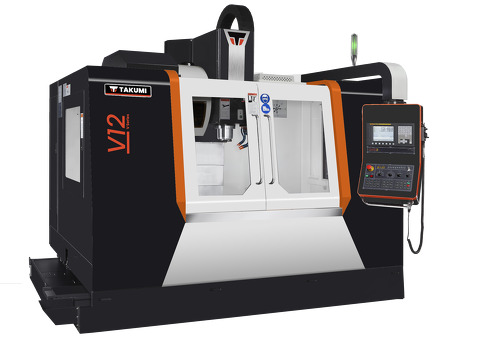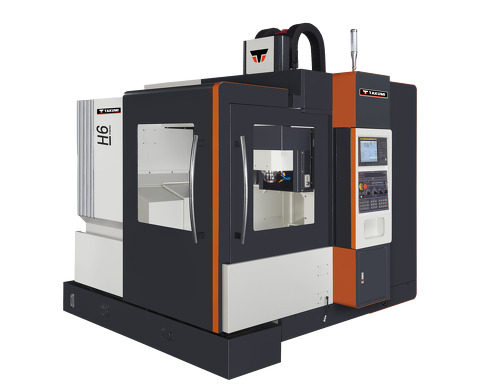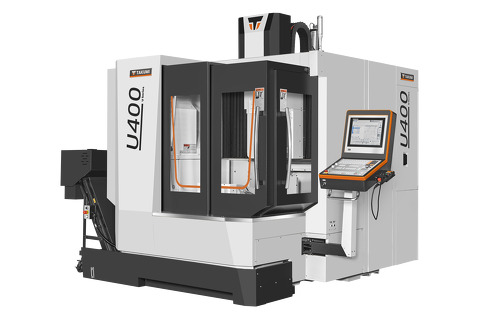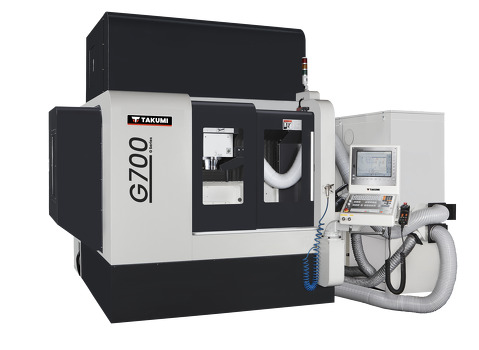- Machining center
- Control
- News & Media
- Company
- Blog
- Contact
10 Must-Know Facts About CNC Processing to Boost Your Business Efficiency
In today's fast-paced manufacturing landscape, staying competitive demands an in-depth understanding of innovative technologies that can enhance operational efficiency. One such technology that has revolutionized production processes is CNC processing. By automating and streamlining cutting, shaping, and machining operations, CNC processing not only minimizes human error but also significantly improves precision and consistency in product quality. However, many businesses may not fully grasp the nuances of CNC processing and how it can be leveraged to optimize workflow. In this blog, we will explore 10 must-know facts about CNC processing that can empower your organization to maximize productivity, reduce costs, and ultimately drive business growth. Embracing these insights will ensure that you harness the full potential of CNC technology, paving the way for enhanced efficiency and a more robust bottom line.
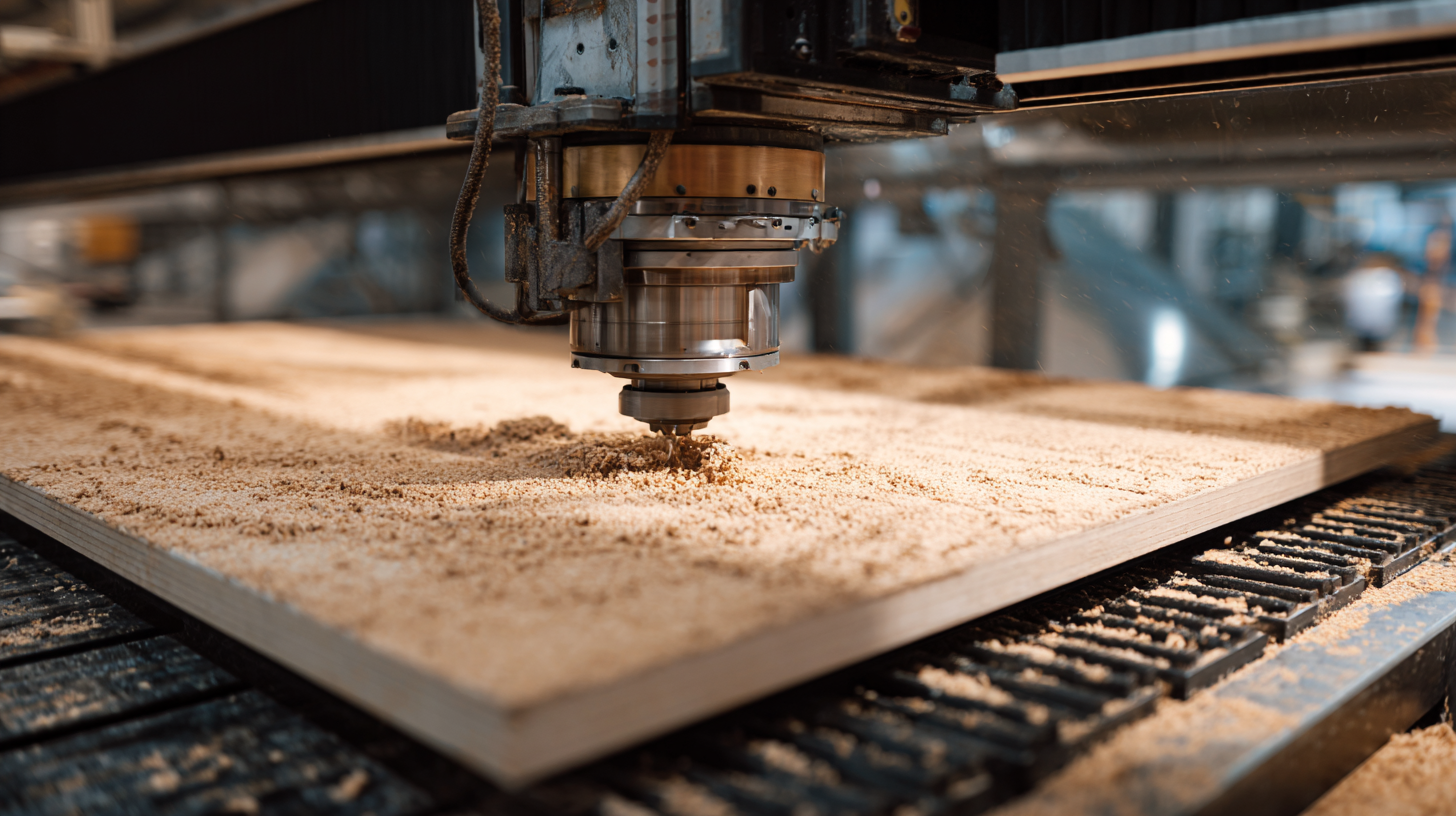
Understanding CNC Processing: What Every Business Should Know
CNC processing has become a cornerstone for businesses looking to enhance efficiency and precision in manufacturing. With the rise of digitalization, IoT, and AI, understanding CNC processing is more crucial than ever. CNC machines enable high-quality production with minimal manual intervention, resulting in consistent output and reducing the risk of human error. As industries evolve, integrating these technologies can significantly boost productivity and drive innovation.
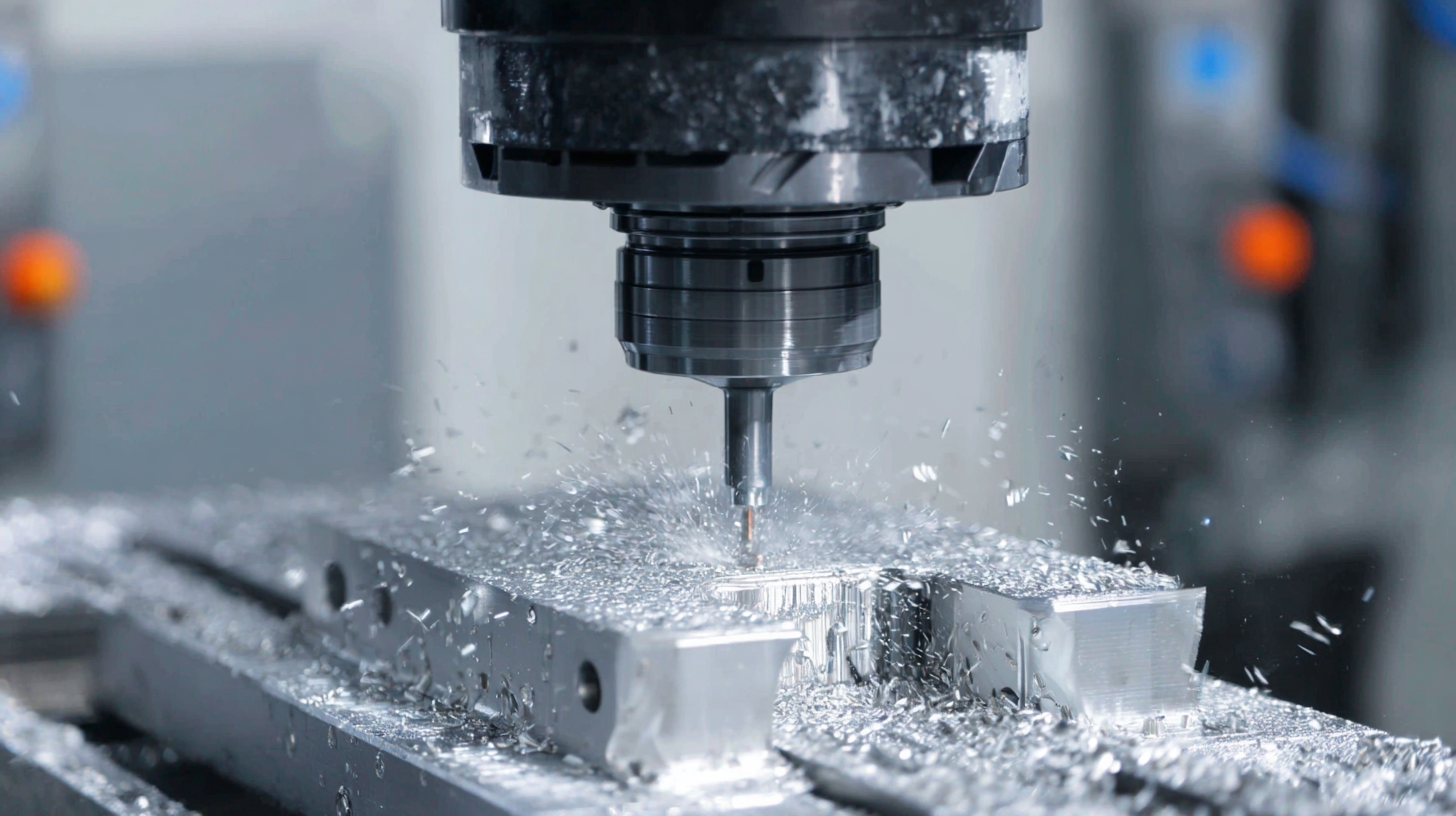
Tips for Implementation:
First, invest in training your workforce to ensure they are well-versed in operating CNC machines and familiar with the newest technology. This knowledge empowers them to leverage automation effectively. Second, focus on seamless integration of AI tools with your CNC systems, as they can provide valuable data insights that optimize machining processes, reducing downtime and wastage. Finally, continually assess and upgrade your machinery to keep pace with advancements in technology, ensuring that your operations remain competitive.
By adopting CNC processing and its accompanying technologies, businesses can position themselves at the forefront of manufacturing innovation, improving not just efficiency but also market responsiveness.
The Benefits of CNC Technology for Increasing Production Efficiency
CNC technology has revolutionized the manufacturing landscape, offering numerous benefits that can significantly enhance production efficiency. One of the primary advantages of CNC processing is precision. Unlike traditional methods, CNC machines operate on computer programs, which eliminates human errors and ensures a high level of accuracy in every cut and shape. This precision not only reduces material waste but also minimizes the need for extensive quality control, leading to faster turnaround times.
Additionally, CNC technology allows for automation, which streamlines the production process. With the ability to run machines continuously, businesses can significantly increase their output without sacrificing quality. This automation enables manufacturers to allocate their workforce more strategically, focusing on more complex tasks that require human intervention. Moreover, CNC machines can easily be reprogrammed for different tasks, making them highly versatile and ideal for small-batch production or bespoke manufacturing, meeting diverse market demands efficiently. Overall, investing in CNC processing can lead to substantial improvements in both productivity and operational cost-effectiveness.
Key Factors to Consider When Choosing a CNC Machine for Your Business
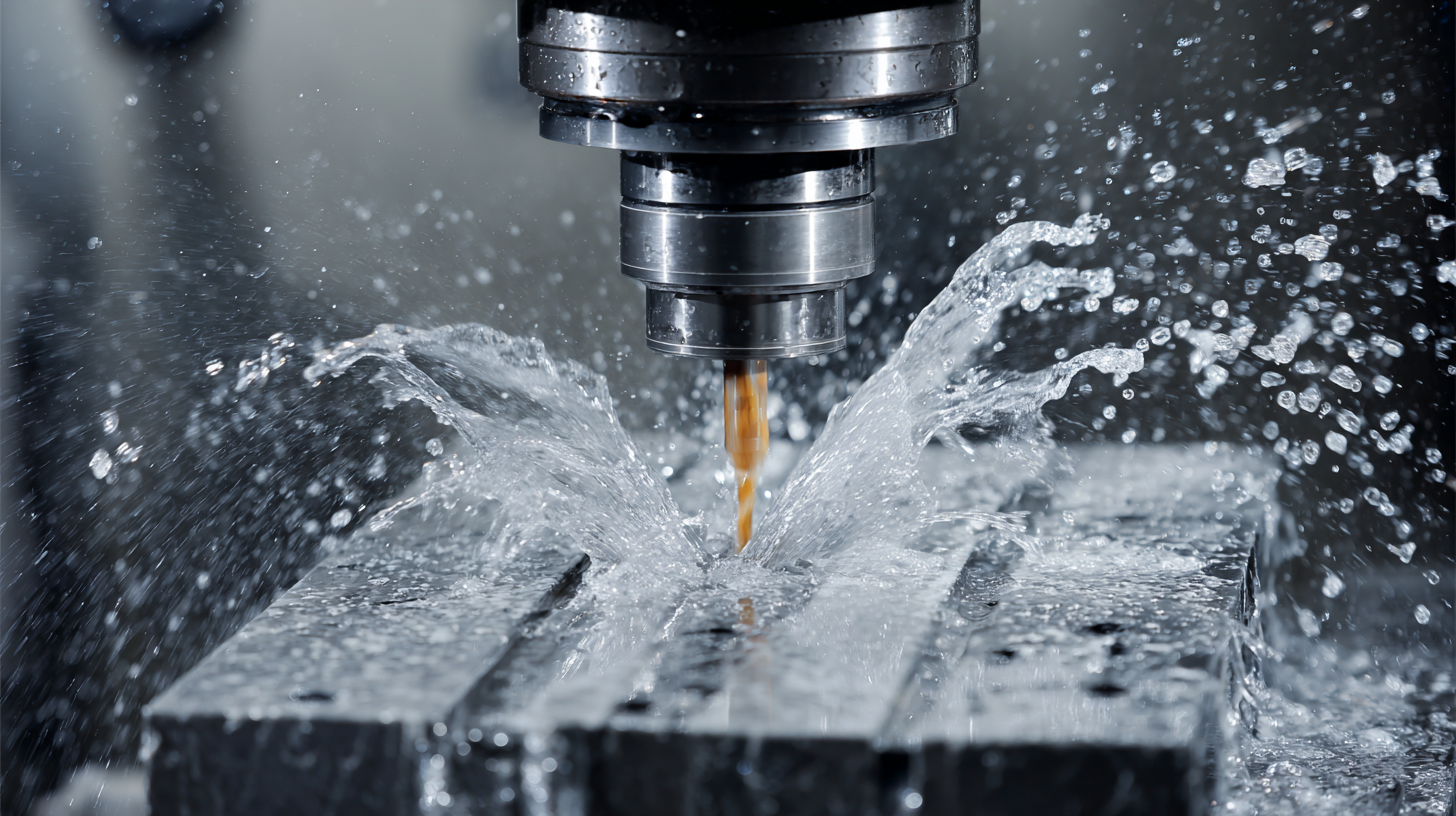 When it comes to selecting a CNC machine for your business, several key factors should be prioritized to enhance productivity and efficiency. First and foremost is the type of materials your business will be processing. Different CNC machines are designed for specific materials—metals, plastics, wood, or composites—so ensuring that the machine you choose can handle your desired materials is crucial. Additionally, consider the size and complexity of the parts you'll be manufacturing. This will help you decide on the appropriate machine size, tooling capabilities, and software integration needed for precision and proficiency.
When it comes to selecting a CNC machine for your business, several key factors should be prioritized to enhance productivity and efficiency. First and foremost is the type of materials your business will be processing. Different CNC machines are designed for specific materials—metals, plastics, wood, or composites—so ensuring that the machine you choose can handle your desired materials is crucial. Additionally, consider the size and complexity of the parts you'll be manufacturing. This will help you decide on the appropriate machine size, tooling capabilities, and software integration needed for precision and proficiency.
Another essential factor to evaluate is the machine's automation and control technology. Modern CNC machines often come equipped with advanced features, such as multi-axis capabilities and enhanced programming interfaces, which allow for greater flexibility and quicker production times. Furthermore, think about the support and service options available from the manufacturer. Reliable customer support and readily available replacement parts can minimize downtime and help maintain the efficiency of your operations. Making informed decisions based on these key considerations can lead to significant improvements in your business processes and overall success.
How CNC Processing Enhances Precision and Reduces Waste
CNC processing, or Computer Numerical Control machining, has revolutionized the manufacturing landscape by enhancing precision and minimizing waste. According to a recent report from CIMdata, companies utilizing CNC technology have seen a productivity increase of up to 40%, thanks to its ability to execute complex designs with unparalleled accuracy. Traditional machining methods often resulted in human error, leading to costly reworks and material losses. In contrast, CNC machines operate based on pre-programmed software, ensuring that every cut, drill, and finish adheres to precise specifications.
Moreover, the reduction of waste in CNC processing significantly contributes to smarter resource management. A study from the National Institute of Standards and Technology (NIST) reveals that CNC technology can decrease material waste by as much as 25% in certain applications. This not only leads to cost savings but also supports sustainability initiatives in manufacturing processes. By embracing CNC machining, businesses can achieve operational efficiencies that directly impact their bottom line while promoting a more environmentally friendly approach to production.
Impact of CNC Processing on Business Efficiency
Tips for Integrating CNC Solutions into Your Existing Workflow
Integrating CNC solutions into your existing workflow can significantly enhance your business efficiency. According to a study by the Association for Manufacturing Technology, companies that implement CNC machining report a productivity increase of up to 50%. This improvement stems from the precision and consistency that CNC machines offer, allowing manufacturers to produce complex parts with minimal human error. Such capabilities not only streamline production processes but also reduce material waste, providing substantial cost savings over time.
To successfully integrate CNC technology, businesses should begin by assessing their current operations to identify bottlenecks that CNC processing can address. Data from a recent report by Deloitte highlights that 82% of manufacturers see advanced manufacturing technologies, such as CNC machining, as critical to their competitiveness. Moreover, it’s vital to provide adequate training for employees, as skilled operators can leverage CNC machines to their full potential, further boosting output.
By strategically planning the integration of CNC solutions, companies can position themselves not only to enhance efficiency but also to remain competitive in an increasingly automated market.
Related Posts
-
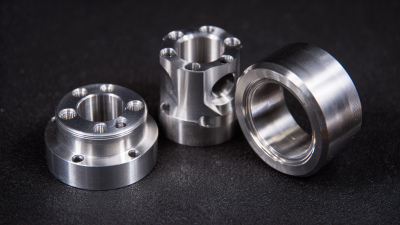
7 Secrets to Finding the Best CNC Precision Machining Suppliers Worldwide
-
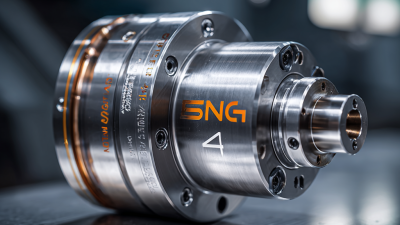
Exploring the Future of Best High Speed CNC Machining Innovations for 2025
-
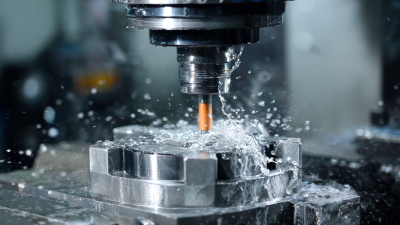
5 Reasons High Speed CNC Machining Can Boost Your Production Efficiency by 50 Percent
-
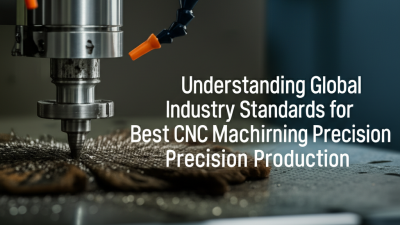
Understanding Global Industry Standards for Best CNC Machining Precision Production
-
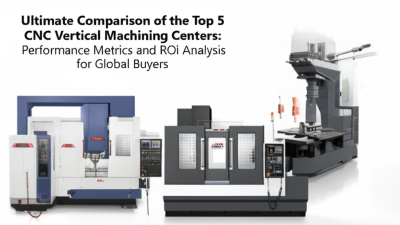
Ultimate Comparison of the Top 5 CNC Vertical Machining Centers: Performance Metrics and ROI Analysis for Global Buyers
-
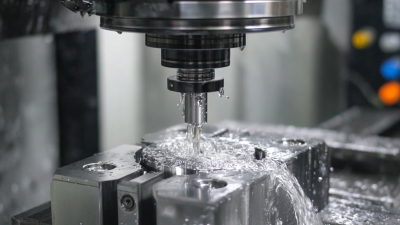
Ultimate Guide to Best 5 Axis CNC Milling Machine Comparison for International Buyers
